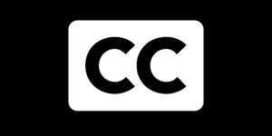PresenceLearning’s fall webinars to focus on closing achievement gap for students with special needs
PresenceLearning, provider of telemedicine/telehealth services in education and health care, is launching a free, three-part webinar series for special education ... Read more



